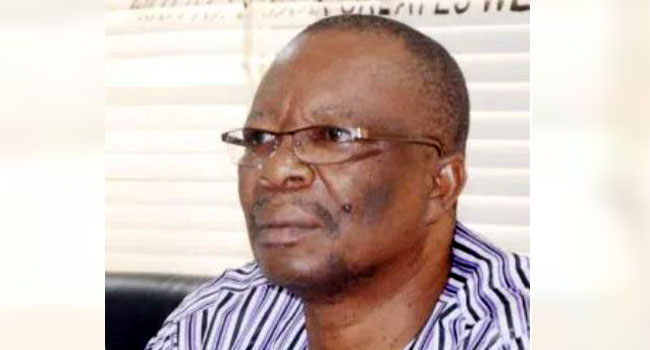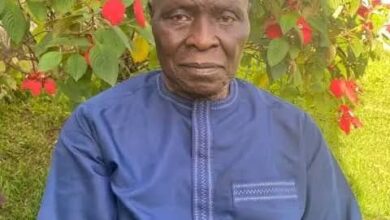ASUU DESCRIBES STUDENT LOAN BILL AS DISCRIMINATORY BETWEEN THE CHILDREN OF THE RICH AND THE POOR

By our staff reporter
The Academic Staff Union of Universities has raised reservations about the Student Loan Bill signed into law by President Bola Tinubu, arguing that it unfairly favours children of the rich over those from poor homes.
On Monday in Abuja, President Bola Tinubu made good on a campaign pledge by signing the Student Loan Bill into law. Dele Alake, a member of the Presidential Strategic Team, later affirmed to State House Correspondents that this was a major step towards liberalizing school funding.
Provisions in the Student Loans Act require would-be recipients to demonstrate their citizenship or eligible country of origin. Alake continued, “Of course, there are established criteria for eligibility. And that right there is the evidence of native status for the intended recipient. In addition, committees will be set up to monitor the timely and effective distribution of the loans.
The bill will go into force immediately, but the committees in charge of implementing it will have to come up with the actual application procedures. The Federal Government’s existing scholarship board will evolve into a loan board able to extend credit for higher education to deserving students, according to David Adejoh, the permanent secretary of the Ministry of Education. The President’s actions today, he said, “go beyond the symbolism.” It’s a signal of his plans for the future of American education under his leadership.
However, the Academic Staff Union of Universities (ASUU),in reaction, raised reservations about the loan measure, arguing that it unfairly favors children from more rich families over those from less fortunate ones. National President of ASUU, Professor Emmanuel Osodeke, expressed concern, saying, “The union will react soon but everyone knows our position on student loans because you will end up encumbering the children of the poor with loans and debt after they graduate.” This is a biased policy.
The president of the academic union at polytechnics, Mr. Anderson Ezeibe, had similar concerns about the payback arrangements. Two years after NYSC, students are supposed to return the money?” he asked. However, what are the plans for those who are not employed following NYSC? Will everyone find work right after NYSC?
The National Association of Nigerian Students (NAN) disagreed with the Academic Staff Union of Universities (ASUU) and saw the student loan measure as a good thing for Nigeria’s educational system. NAN Zone D Coordinator Adejuwon Emmanuel praised the law for its potential to aid financially disadvantaged pupils. He did, however, stress the need of the government addressing repayment concerns in light of the scarcity of graduate-level employment possibilities. When majority of our grads do not find work, Emmanuel wondered, “How will it work?” Two years after completing NYSC, is there a strategy or opportunity for people who are still unemployed?
An ex-Vice Chancellor of the University of Uyo, Professor Ini Uko, has supported the plan, saying that it will allow universities to implement tuition prices and end government support for higher education. ”
“The truth is that we have to stop pretending that the government alone can continue to pay tertiary education,” Uko said, speaking from his personal experience as a recipient of student loans.





